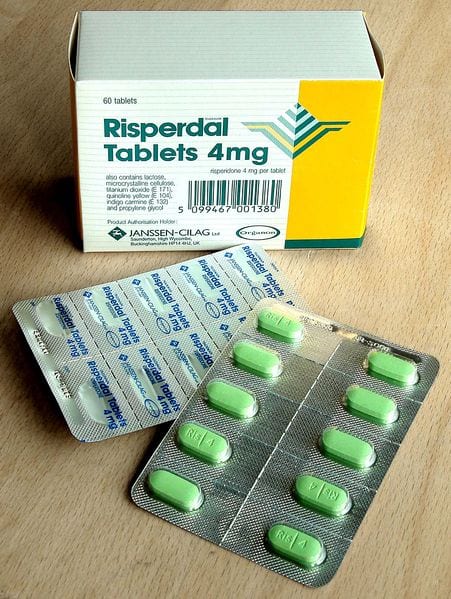J&J Appeals $1 Billion Fine Over Marketing of Risperdal in Arkansas
The Arkansas Supreme Court is ready to listen to Johnson & Johnson’s appeal of a verdict and $1.2 billion fine over the illegal marketing of the drug Risperdal. Little Rock will be the setting for the oral arguments, which take place on February 27. The Arkansas Attorney General successfully sued J&J and its subsidiary, Janssen Pharmaceuticals, Inc. over how the companies marketed the antipsychotic, downplaying and even hiding the risks associated with Risperdal.
 An Arkansas judge imposed the $1.2 billion fine over the Risperdal by tallying up $5,000 for 240,000 prescriptions that the Arkansas Medicaid program paid for over more than three years. Another $11 million was added for the 4,500 state law violations over deceptive practices.
An Arkansas judge imposed the $1.2 billion fine over the Risperdal by tallying up $5,000 for 240,000 prescriptions that the Arkansas Medicaid program paid for over more than three years. Another $11 million was added for the 4,500 state law violations over deceptive practices.
Arkansas Attorney General Dustin McDaniel is quoted by Philly.com as saying, “Pharmaceuticals cannot lie to the FDA, patients and doctors in order to defraud Arkansas taxpayers of our Medicaid dollars. These two companies put profits before people, and they are rightfully being held responsible for their actions.”
Arkansas is not acting alone. Louisiana fined Johnson & Johnson $258 million and South Carolina fined the company $327 million over Risperdal overpayments. Texas was paid $158 million before the case was heard by a jury.
The company’s Janssen Pharmaceuticals division is accused of marketing the drug to treat elderly patients with dementia, children and the disabled. The drug was approved 20 years ago for the management of psychotic disorders, not to keep the elderly or disruptive children subdued. The off-label marketing occurred from 1999 through 2005.
Johnson & Johnson had agreed to pay $2.2 billion with the U.S. Department of Justice (DOJ) over the illegal promotion of three drugs, Risperdal the antipsychotic as well as deceptive advertising of two other pain medications, Nucynta and the Duragesic pain patch, marketed by Janssen.
U.S. Attorney General Eric Holder called it among the largest of the fines in U.S. history.
The government does not like to pay for drugs marketed illegally so expect more Medicare appeals by other states that overpaid.
There should be enough revenue to pay the fine. According to ProPublica, an independent journalism organization which tracks healthcare issues, the opioid painkiller industry had annual sales of $8.5.8 billion in 2011.
Share This


